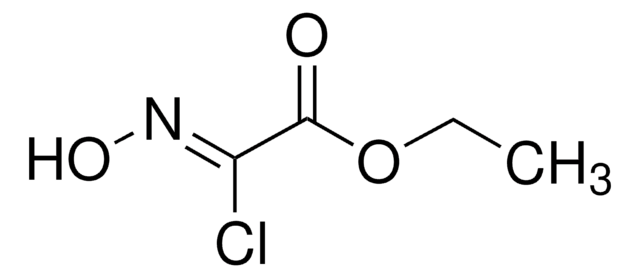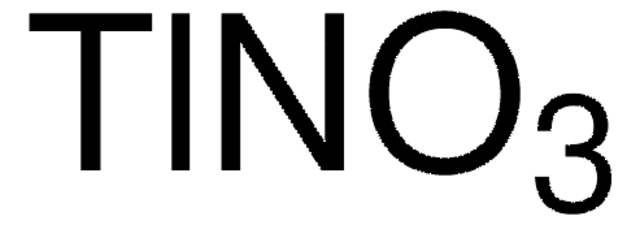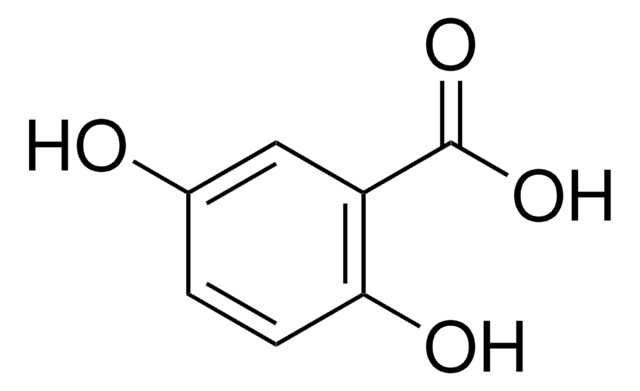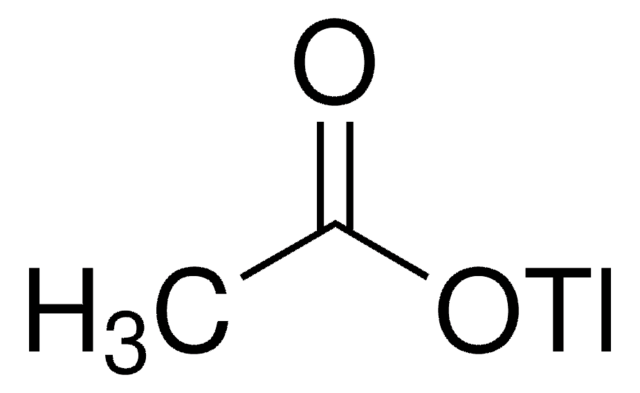309230
Thallium(I) nitrate
99.9% trace metals basis
Synonym(s):
Thallium mononitrate, Thallous nitrate
About This Item
Recommended Products
Quality Level
assay
99.9% trace metals basis
form
solid
solid
impurities
≤1500 mg/kg Trace metallic impurities analysis (ICP)
mp
206 °C (lit.)
SMILES string
[Tl+].[O-][N+]([O-])=O
InChI
1S/NO3.Tl/c2-1(3)4;/q-1;+1
InChI key
FYWSTUCDSVYLPV-UHFFFAOYSA-N
Looking for similar products? Visit Product Comparison Guide
Related Categories
General description
Application
- As an additive to synthesize thallium-containing cadmium selenide thin films by electrochemical deposition. The addition of TlNO3 decreases corrosion and helps to form uniform and stable thin films.
- As a dopant to prepare bismuth vanadate nanoparticles. TlNO3 reduces charge carrier recombination and enhances the photocatalytic activity.
- To prepare precursor solution for the detection of halogens by molecular absorption spectroscopy.
signalword
Danger
hcodes
Hazard Classifications
Acute Tox. 2 Inhalation - Acute Tox. 2 Oral - Aquatic Chronic 2 - STOT RE 2
wgk_germany
WGK 3
flash_point_f
Not applicable
flash_point_c
Not applicable
ppe
Eyeshields, Faceshields, Gloves, type P3 (EN 143) respirator cartridges
Certificates of Analysis (COA)
Search for Certificates of Analysis (COA) by entering the products Lot/Batch Number. Lot and Batch Numbers can be found on a product’s label following the words ‘Lot’ or ‘Batch’.
Already Own This Product?
Find documentation for the products that you have recently purchased in the Document Library.
Customers Also Viewed
Our team of scientists has experience in all areas of research including Life Science, Material Science, Chemical Synthesis, Chromatography, Analytical and many others.
Contact Technical Service




![1,8-Diazabicyclo[5.4.0]undec-7-ene 98%](/deepweb/assets/sigmaaldrich/product/structures/120/564/5b373e23-1624-489c-8efb-692de0f96ffb/640/5b373e23-1624-489c-8efb-692de0f96ffb.png)









